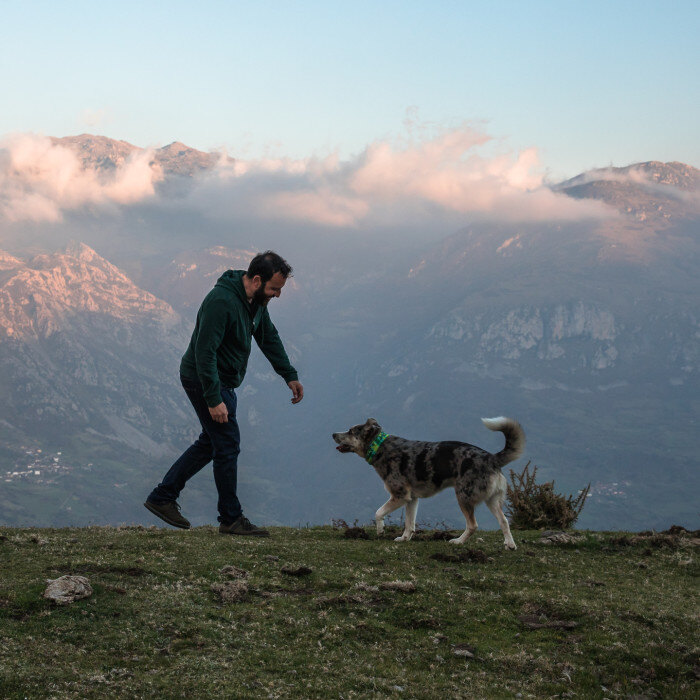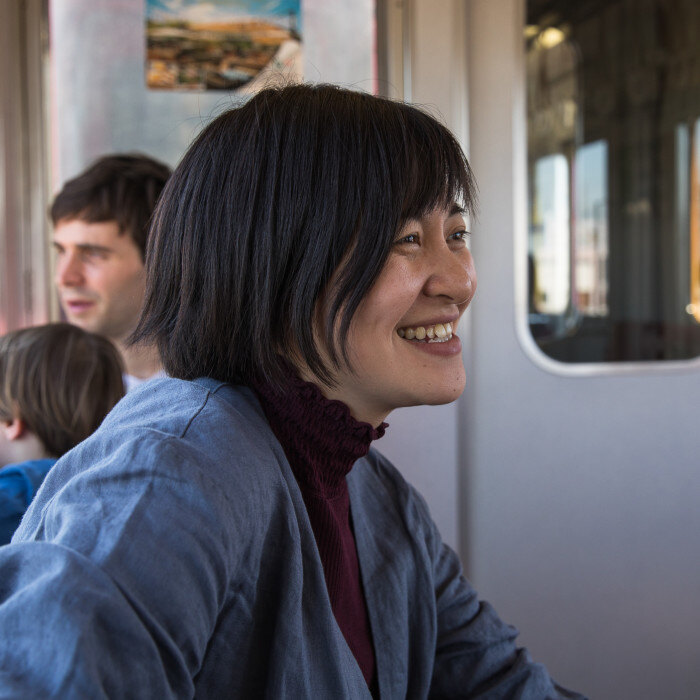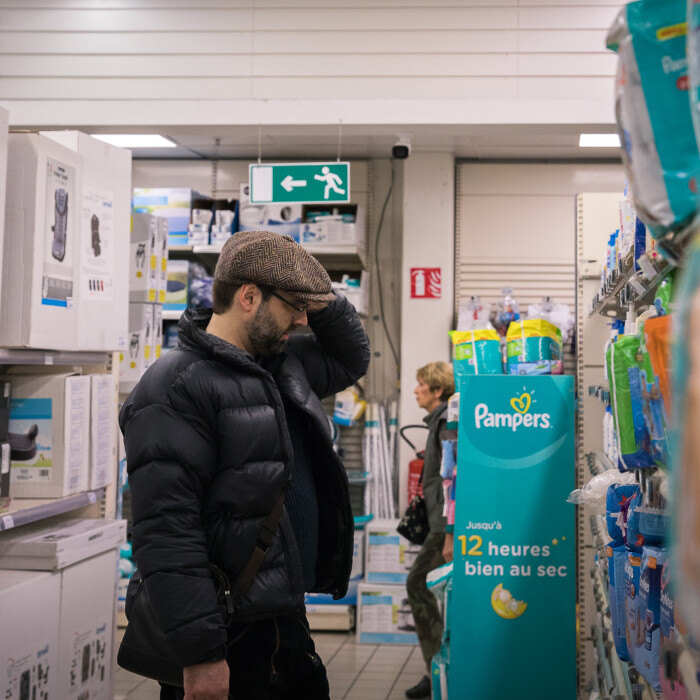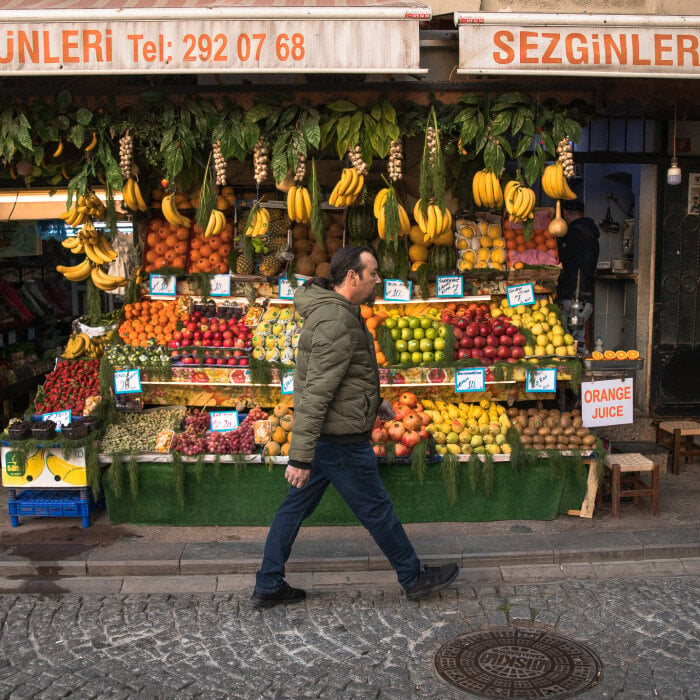Teresa | Berlin, Germany



When it comes to learning another language, Teresa points out that books can only get you so far. "It's just so much easier because you are surrounded by the language. You hear it, you see it and you combine it with everything you like and it quickly becomes part of you daily life. I am always super excited when I travel to a different country and I don't understand anything, and I want to figure out what things mean. Sometimes you take it one word at a time and watch locals have conversations, and watch their body language as well."

Teresa prepping food for the evening in her Berlin apartment.

When she's at home, Teresa enjoys cooking and reading (Murakami is one of her favorite authors currently), and she is also a singer in a local band. She relates music to translation with the following analogy: "You have to play with the words to get the right feeling, so it takes a lot of sensitivity, and it's very much the same for music. It's definitely the same channel. "

Teresa is also a big fan of Stevie Nicks. On a related note, her darling dog is named Stevie...

Teresa splits her week working from home and then at an office space at a local co-op, which is run by several folks from Spain. She says it really helps with learning the language, and that she asks her co-workers to only speak to her in Spanish when she's there.

For Teresa, translation is a two step process. "The most important thing I've learned is to go over your text with a fresh eye after you've already translated it," she says. "Taking breaks is important, and when you come back to it, you can really adapt and localize it."


When asked about the best part of her job, Teresa smiles. "The excitement of bringing a point across in a different language is a challenge I love..."
%20052925%20-%20AI%20Translation%20101%20(1).png)
.jpg)






